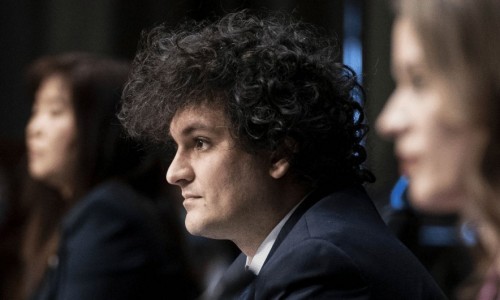

Sam Bankman-Fried was 25 when he co-founded Alameda Research and 27 when he founded FTX. Yesterday he was sentenced to 25 years in prison for his role in a multibillion-dollar fraud scheme.
He was convicted in November of all the charges he faced in relation to overseeing wire fraud, securities fraud, and money laundering at FTX, which resulted in customers losing as much as $10 billion on his platform. Prosecutors argued that he had siphoned off the billions from his platform to his other company Alameda Research and used the money to fund other investments like luxury real estate and donate to political campaigns.
Prosecutors recommended a sentence of 40-50 years, arguing that it would be “commensurate with the extraordinary dimensions of his crimes” at FTX.
On the other side, his defense attorneys argued that 5 – 6.5 years would be appropriate. They noted his autism diagnosis and positive intentions when starting his company in 2019 as reasons for a lighter sentence. His lawyer, Marc Mukasey said “Sam Bankman-Fried does not make decisions with malice in his heart. He makes decisions with math in his head.”
The Wall Street Journal noted that the sentencing hearing lasted almost three hours and included Bankman-Fried giving a 20-minute statement where he told the judge, “I’m sorry about what happened at every stage … At the end of the day, I failed everyone I cared about.”
Judge Lewis Kaplan said he weighed “the enormous harm [Bankman-Fried] did, the brazenness of his actions, his exceptional flexibility with the truth and his apparent lack of any real remorse,” He concluded, “There is a risk that this man will be in a position to do something very bad in the future,” Kaplan said. “And it’s not a trivial risk at all.”
This is a titanic fall from grace for Bankman-Fried who was featured on the 2021 list of Forbes 30 Under 30. He headlined conferences, and hung out with A-list celebrities and athletes, and seemed as though it was just the beginning for him. The media spoke about him with praise and hyperbole, speculating on what he could achieve. In the end, it was that, according to prosecutors, he “committed one of the greatest financial frauds in U.S. history.”
Prison consultants have said that it is unlikely he will serve the full term. There are credits including for good behavior, that can reduce his sentence by roughly a third.




